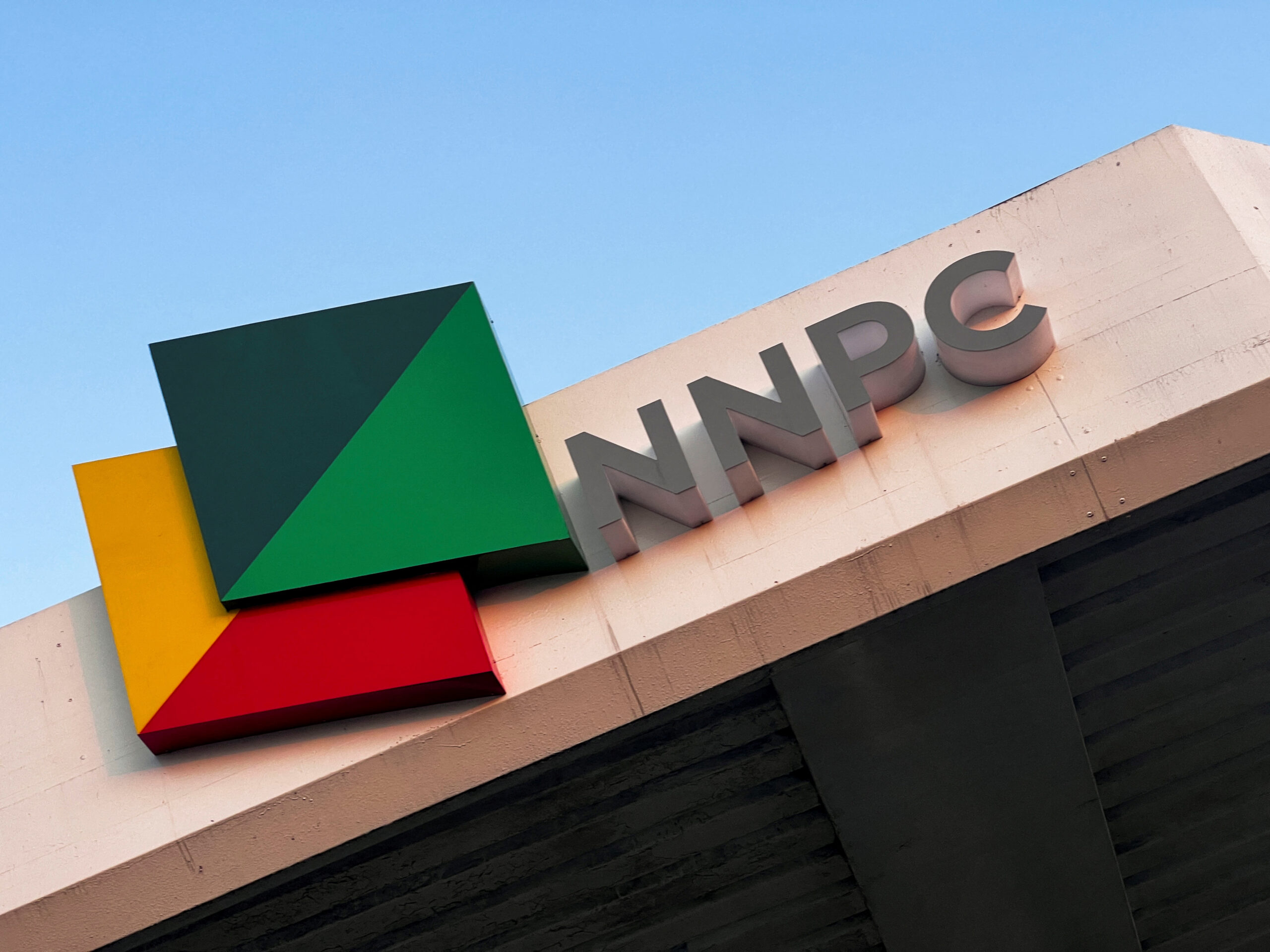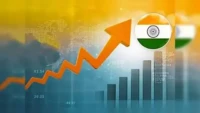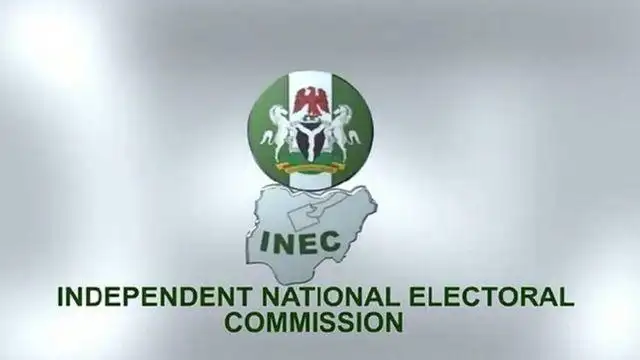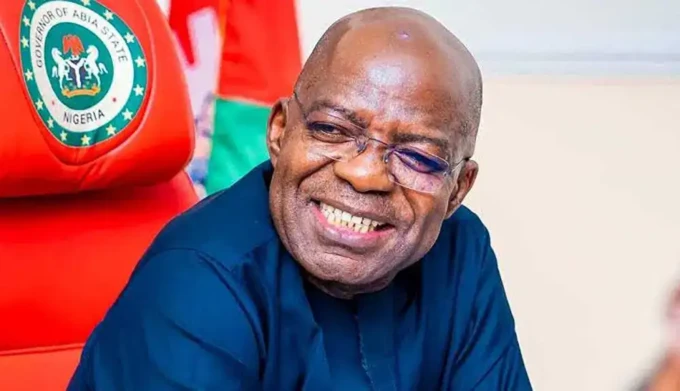In a new price adjustment, the Nigerian National Petroleum Company Limited (NNPCL) has raised the price of Premium Motor Spirit (PMS), commonly known as petrol, to N1,025 per litre in Lagos and neighboring areas. This hike, up from the previous rate of N980 per litre, marks the third increase within September and October 2024, sparking discussions on the broader economic impact. In Abuja, petrol prices have surged even higher, reaching N1,060 per litre.
The recent adjustment is part of Nigeria’s ongoing deregulation policy, which allows petrol prices to be determined by market forces rather than government subsidies. This move aligns with the government’s broader economic agenda but has led to significant price volatility, driven by both domestic factors and shifts in the international oil market.
However, this price hike has left many analysts puzzled, particularly as crude oil prices in the global market have recently fallen by around 8%, dropping from $78 to $72 per barrel. Ordinarily, such a decrease in crude oil costs might result in reduced petrol prices; instead, Nigerian consumers are experiencing the opposite trend. Some experts suggest that the continuous depreciation of the Naira, which currently stands at N1,664 to the dollar, is one of the primary reasons for the counterintuitive price increase. With the Naira’s weakened position, the cost of importing crude and refining it domestically remains high, further inflating prices at the pump.
The latest increase also underscores a disparity in the market. Following NNPCL’s announcement, many of its filling stations promptly adjusted their prices to the new rate, while numerous independent stations were either unaware of the change or opted to continue selling at the previous price. This inconsistency hints at challenges in price regulation and communication across fuel vendors, potentially creating confusion among consumers.
For Nigerians, the rising cost of petrol impacts daily expenses, as higher fuel prices often lead to an increase in the cost of goods and services. The deregulation approach continues to divide opinion, as proponents argue it will stabilize the economy in the long term by encouraging competition and reducing government spending on subsidies. However, for the average Nigerian, the immediate effects of deregulation, combined with a depreciating currency, present daily challenges, as they grapple with rising costs and reduced purchasing power in a challenging economic landscape.












I think NNPCL should focus on local production rather than increasing petrol prices. Its time to prioritize sustainability over profit.
I dont get it, why are we always blaming global factors for petrol price hikes? Lets focus on fixing internal issues.
I think NNPCL is just playing with us by raising petrol prices when global oil rates are going down. It doesnt make sense!
I think we should all switch to riding bicycles. Whos with me? Save money, get fit, and no more petrol price hikes! 🚲🌍
I think its time we consider switching to electric cars. These constant petrol price hikes are getting out of hand. #GoGreen 🌿🚗
This is just a tactic to distract us from the bigger issues. Lets focus on holding the government accountable!
I think the government should focus on alternative energy sources instead of constantly increasing petrol prices. Its time for a change!
I dont get why they keep raising petrol prices when oil rates are down. Its like theyre just trying to mess with us.
I think its ridiculous for NNPCL to increase petrol prices when global oil rates are falling. They should prioritize consumers over profits.
I think its ridiculous how NNPCL keeps raising prices despite global rates dropping. Are they pocketing the extra cash? 🤔
I think we should all switch to riding bicycles instead of complaining about petrol prices. Whos with me? 🚲 #SaveMoney #EcoFriendly
I prefer the convenience of my car. Bicycles arent practical for everyone. 🚗 #PersonalChoice
Why should we even care about petrol prices when we can all just ride unicorns powered by rainbows? 🦄🌈✨
I dont get why NNPCL keeps raising petrol prices when global oil rates are going down. Something fishy is going on.
I dont get why were always quick to blame the government for petrol price hikes. Maybe we should be looking at other factors too.
I think its time we consider alternative fuel sources like unicorn tears. Whos with me? #UnicornTearsForTheWin 🦄💧
I think its unfair for NNPCL to raise petrol prices when global oil rates are down. Are they just trying to profit off our struggles?
I think its time we seriously consider investing in alternative fuel sources. This cycle of price hikes is getting old.
I think NNPCL should focus on long-term solutions rather than short-term price hikes. Its time to prioritize sustainability over profit.
I think this is a great move by NNPCL. Its about time we start investing in alternative energy sources!
I think we should all switch to riding bicycles! Its better for the environment and our wallets. Whos with me? 🚲
I think the NNPCL is just using the global oil rates as an excuse to raise petrol prices. Its all about profit!
I think we should all switch to riding bicycles instead of complaining about petrol prices. Whos with me? 🚲🤔
Bicycles wont solve all transportation needs. We need a variety of options. 🚗🚲🚆
Why are we blaming NNPCL for raising petrol prices? Maybe we should focus on reducing our dependency on fossil fuels instead.
Why does NNPCL keep raising petrol prices when global oil rates are down? It doesnt add up. Something fishy is going on.
I dont get why NNPCL keeps raising petrol prices when global oil rates are going down. Something fishy is going on 🤔
Maybe NNPCL has its reasons. Not everything is a conspiracy, mate.
I think we should all switch to riding unicorns instead of cars. Itll save money on petrol and help the environment! 🦄🌍
I think the NNPCL should consider alternative revenue sources instead of burdening consumers with frequent petrol price hikes.
Maybe consumers should consider alternative transportation instead of complaining about petrol prices.
I think its ridiculous that NNPCL keeps raising petrol prices when global oil rates are down. Whats really going on here?
I dont get it, why are we still relying on petrol prices when we could all just switch to electric cars? #GoGreen 🌿🚗
I think we should all switch to electric cars instead of complaining about petrol prices. Time to embrace the future! 🚗⚡
I think we should all switch to riding bicycles instead of complaining about petrol prices. Its good for the environment too!
I dont get why were still relying on fossil fuels. Lets invest more in renewable energy sources instead! #GoGreen 🌿🌎
Why does NNPCL keep hiking petrol prices when global oil rates are dropping? Is this really justified? #NeedAnswers
Why does NNPCL keep raising petrol prices when global oil rates are dropping? Something doesnt add up here. 🤔
Why does NNPCL keep raising petrol prices when global oil rates are declining? It doesnt seem fair to consumers.
Why does NNPCL keep raising petrol prices when global oil rates are declining? Is there a hidden agenda behind it? 🤔
Why should consumers bear the burden of petrol price hikes when global oil rates are falling? Seems like a one-sided deal.